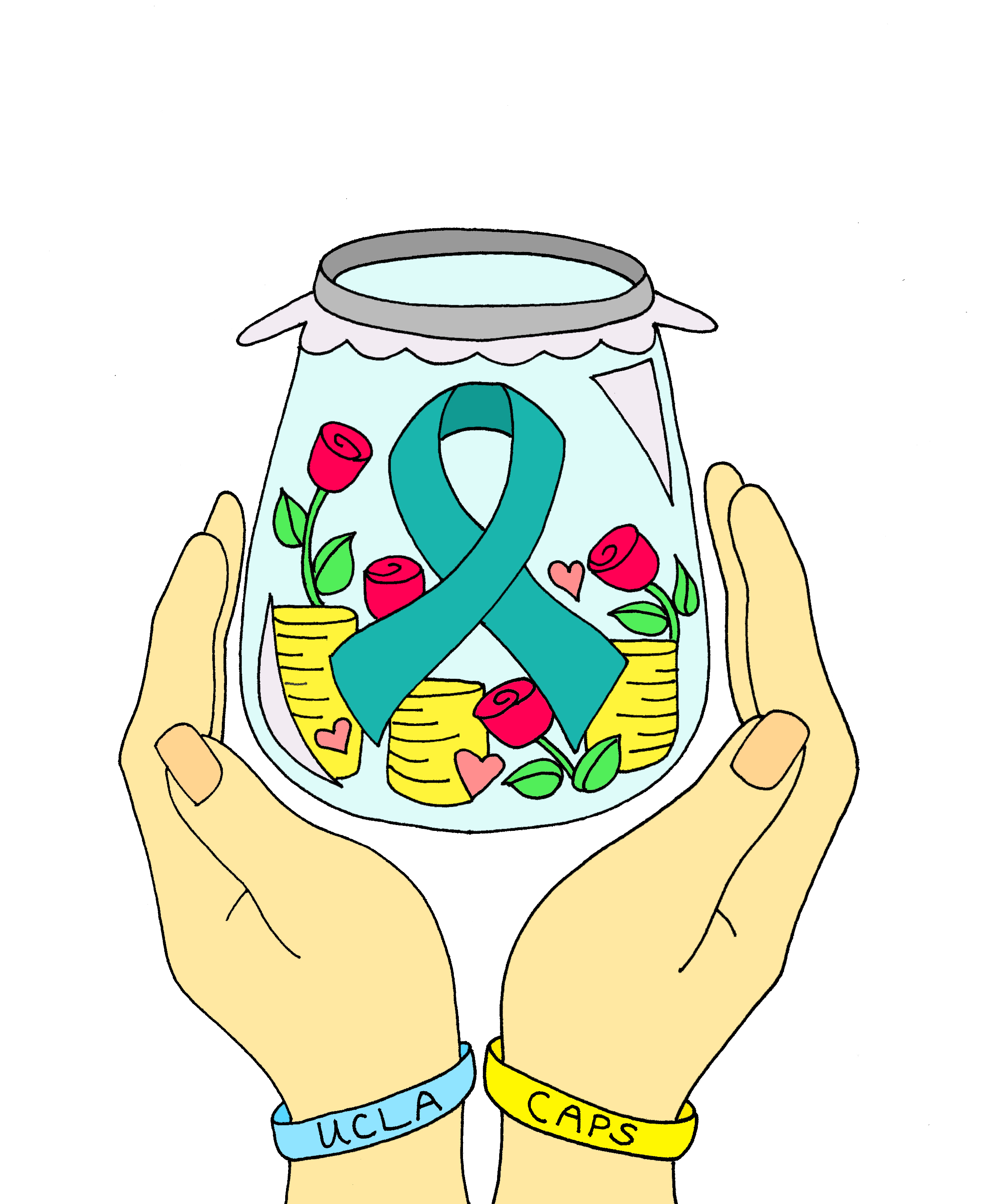UCLA Counseling and Psychological Services deserves more funding for the care it provides

JEANETTE MAN/daily bruin
By Charley Guptill
Feb. 8, 2012 11:57 p.m.
Sexual assaults are an unfortunately common occurrence on college campuses. One in five college women will be sexually assaulted at some point during her undergraduate career.
Although this statistic does not necessarily illustrate the actual rate of sexual assaults on UCLA’s campus, it indicates that high levels of such assaults are likely to occur. Indeed, UCLA had the highest rate of sexual assaults in the UC system in 2008, and in 2010, 32 cases of forcible sexual assaults were reported, according to Clery statistics, a federal report on the crime in and around a college campus.
Victims of sexual assaults are often confused and stigmatized, leading to an underreporting of sexual assaults. Ninty-five percent of sexual assaults go unreported, giving a frightening context to our already high number of 32.
In order to properly combat the problem of sexual assaults, schools need a properly-funded counseling service that can provide treatment and work on preventing assaults before they happen. At UCLA, our sexual assault counseling is currently underfunded.
This is a problem. Sexual assaults have long-lasting traumatic effects on victims. Victims of sexual assaults are more likely to become depressed, suicidal and could suffer from post-traumatic stress disorder. All of these consequences affect more than the individuals involved in the assaults.
UCLA already has taken great strides in helping victims of sexual assaults and preventing attacks before they happen. The primary resource for victims of sexual assaults on campus is found at Counseling and Psychological Services, which runs a program called CARE, or Campus Assault Resources & Education.
CARE offers extensive help for student victims of sexual assault, which includes counseling, medical treatment and legal aid.
The program also does a lot of work with prevention, and offers several prevention workshops throughout the year. The workshops teach about alcohol, acquaintance rape, self-defense and relationship violence.
While CARE is already doing a phenomenal job, more could, and should, be done.
“There is so much more that I wish we could do,” said Dr. Nicole Green, the CARE program coordinator.
Currently, the program hopes to launch a bystander awareness campaign to educate students about sexual assault prevention. The campaign would teach students to be vigilant and look for signs of potential sexual assaults so that they may intervene and stop attacks before they happen.
As of now, this is all that CARE can plan for, as the program does not receive enough funding to begin new projects.
This should change. UCLA needs to allocate more funds to the counseling services to be used for CARE.
The program’s team is small and makes up fewer than half of the 40 therapists and counselors who work at counseling center. This limited manpower is simply not enough to move beyond current services offered.
CARE was developed in response to the closure of the Center for Women and Men several years ago. Although the program absorbed the center’s duties and expanded services offered to victims of sexual assault,
The counseling center did not receive any additional funding. CARE as a program does not even have an independent source of funding outside of CAPS.
The center is funded almost entirely by student registration fees, and in a small part by the Student Health Insurance Plan and the $15 payments by students without SHIP. In effect, the center, and by extension CARE, is funded entirely by student contributions.
This model of funding does not leave much room for increased revenue, as student registration fees are set by the UC Board of Regents and are difficult to change and increasing the cost of a clinic visit for students could disadvantage students who cannot pay.
The most plausible solution would be to launch a fundraising effort. CAPS and CARE are currently unable to do such fundraising, as they do not have any professional fundraisers on staff and simply do not have any additional time or resources to make a fundraising campaign possible.
UCLA already does massive amounts of fundraising directed at financing scholarships and building projects.
The Dream Fund, financed by the Lincy Foundation, focuses primarily on funding education and health. Each year, UCLA generates millions in fundraised dollars. Either a portion of this fundraising effort should be directed toward CAPS and CARE, or UCLA should hire a professional fundraiser specially to benefit the counseling center, with a significant amount allocated exclusively to the program.
This funding is extremely important. Sexual assaults inflict severe amounts of damage on victims and those related to victims, and the underfunding of the program means that sexual assaults are not being combatted as effectively as they should.
UCLA is lucky to have a program as fantastic as CARE, but the program isn’t getting the care it deserves.
What steps do you think UCLA should take to fund counseling services on campus? Email Guptill at [email protected]. Send general comments to [email protected] or tweet at us @DBOpinion.


